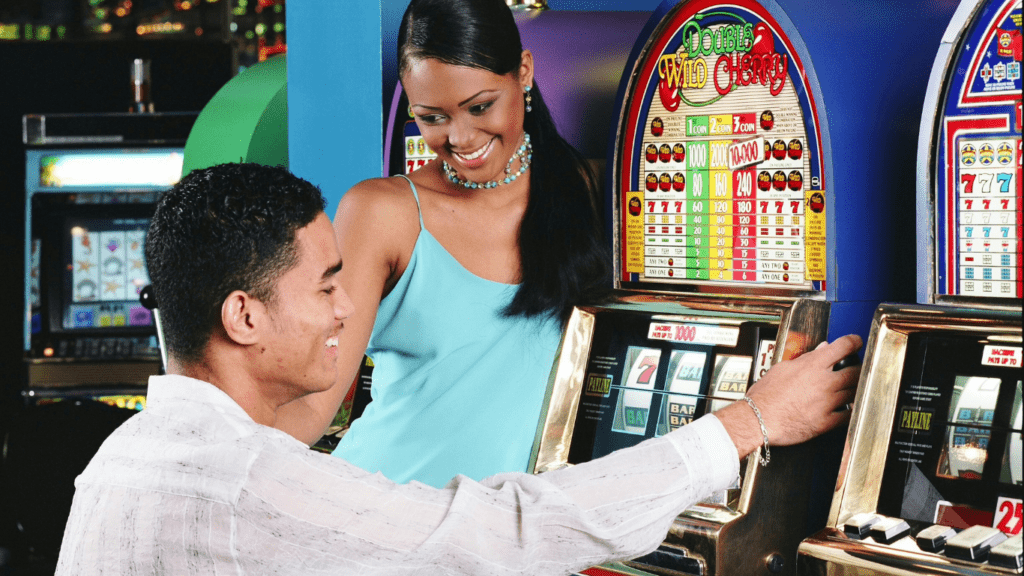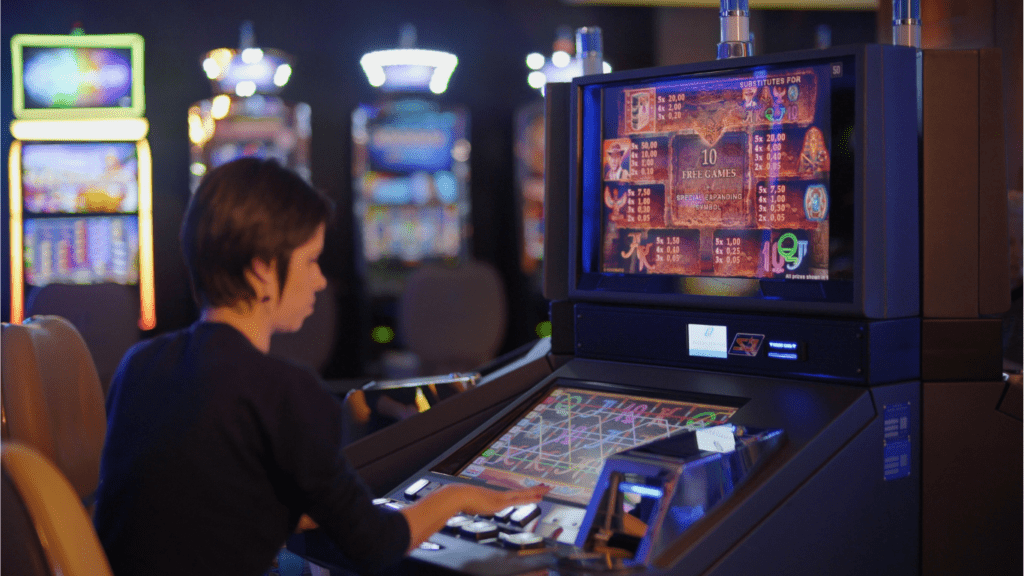Walking into a casino is thrilling—the lights, the sounds, and the promise of a big win. But let’s face it, without a solid plan for managing your funds, that excitement can quickly turn into regret. Whether you’re a seasoned gambler or just starting out, knowing how to handle your bankroll is key to making the most of your casino experience.
Understanding Bankroll Management
Managing casino funds takes planning and discipline. A well-managed bankroll ensures a longer, more enjoyable gaming experience while minimizing financial risks.
What Is a Bankroll?
A bankroll refers to the total amount of money set aside exclusively for gambling activities. It’s separate from other personal finances, such as:
- rent
- savings
- daily expenses
For example, if I allocate $500 for a casino visit, that amount becomes my bankroll. By defining a bankroll, I control how much I can afford to lose without affecting my financial stability. Assigning this specific amount helps me avoid impulsive decisions and maintain focus on entertainment rather than chasing losses.
Importance of Managing Casino Funds
Effective bankroll management prevents overspending and prolongs gameplay. Casinos are designed for excitement, often causing players to risk more than intended. When I stick to a well-defined budget, I enjoy the experience without stress over financial strain.
Tracking my wins and losses within my bankroll ensures transparency. For instance, if my starting amount is $300 and I walk away with $450, I know I’ve profited without exceeding my limits. Consistently managing casino funds improves decision-making and enhances my overall gambling experience.
Setting Up Your Casino Budget
Establishing a casino budget lays the foundation for responsible gambling. Clear goals, strategic fund allocation, and disciplined spending ensure a smooth gaming experience.
Determining Your Gambling Goals
I define my gambling goals before stepping into the casino. Whether I’m seeking entertainment, trying out new games like poker or slots, or aiming for consistent, small wins, my objectives guide how I manage my funds. Short-term goals like enjoying specific games or long-term goals like tracking overall profits can shape the way I spend and save during my visit.
Allocating Funds Wisely
I set a fixed amount of money for gambling that won’t impact my essential expenses. For example, if my entertainment budget is $200 monthly, I might allocate $50 for a single casino trip. I never chase losses or tap into funds outside my pre-set limit. Sub-allocating funds based on game type, such as reserving $30 for slots and $20 for table games, gives me better control and ensures I stick to the budget.
Separating Needs from Entertainment Money
I never let my gambling budget overlap with essential expenses like rent, groceries, or savings. Instead, I treat casino funds as purely entertainment money. By keeping necessities in a separate account or cash reserve, I avoid financial strain and ensure my gambling doesn’t impact my daily life or responsibilities.
Strategies For Effective Bankroll Management

Managing a casino bankroll requires intentional strategies to balance risk and enjoyment. I focus on three key practices to stay financially disciplined and elevate my gaming experience.
Setting Win and Loss Limits
I always decide on specific win and loss limits before I start gambling. A win limit helps me lock in profits by stopping once I reach my set goal, while a loss limit ensures I don’t chase losses and overspend. For example, if my bankroll is $500, I might stop playing after winning $200 or losing $100. Sticking to these limits keeps my emotions in check and prevents impulsive actions.
Choosing the Right Bet Sizes
Bet sizing impacts how long my bankroll lasts. I align my bet sizes with my total bankroll, ensuring each wager is a small percentage, typically 1-5%. For instance, with a $500 bankroll, I place bets between $5 and $25. Lower bets extend gameplay and reduce risk, which is especially important for games with high variance like roulette or slots, while higher bets might suit strategies in poker or blackjack.
Tracking Your Spending
- I track every bet I make, noting wins and losses during each session.
- This practice gives me a clear view of how my bankroll is performing and helps me adjust if needed.
- I use simple methods like a notepad or apps designed for gamblers.
- If I notice consistent losses in slots but wins in blackjack, I might allocate more funds to blackjack next time.
- Regular tracking ensures I stay accountable and within my limits.
Common Bankroll Management Mistakes to Avoid
Avoiding typical errors in bankroll management is crucial to maintaining control and enhancing the casino experience. Missteps can lead to overspending, regret, and financial strain.
Chasing Losses
Chasing losses can quickly deplete a bankroll. When I lose several rounds in a row, it’s tempting to increase bets in hopes of recovering losses, but this strategy often leads to bigger setbacks. Small, consistent bets help avoid emotional decisions and reduce risks tied to erratic gambling patterns.
Ignoring a Budget Plan
Ignoring a budget plan weakens financial discipline. Without a pre-set spending limit, it’s easy to overspend and disrupt essential finances. I always outline how much I’m willing to gamble before I step into a casino, ensuring my gameplay stays within the boundaries of planned entertainment spending.
Mixing Personal Finances with Gambling Money
Mixing personal finances with gambling money complicates tracking and creates unnecessary risks. Keeping my casino funds separate prevents me from tapping into savings meant for rent, bills, or other expenses. Separate cash or a dedicated digital wallet ensures clear boundaries between gambling and daily life necessities.
Tools And Tips to Stay on Track
Staying in control of casino funds requires practical tools and disciplined habits. Implementing the right strategies ensures better decision-making and a more enjoyable gaming experience.
Using Budgeting Apps
Budgeting apps streamline bankroll management by tracking spending in real time. Apps like Mint and PocketGuard help monitor funds, categorize expenses, and send alerts when nearing pre-set limits. By syncing with your accounts, they provide a full financial picture, making it easier to separate gambling funds from essential expenses. I use these tools to stay organized and avoid overspending, ensuring my bankroll remains intact.
Taking Breaks to Reassess Your Spending
Pausing gameplay helps prevent poor decisions and revisits your financial goals. Short breaks every hour allow me to review wins, losses, and how much of my bankroll remains. If I notice spending accelerating or falling into unhealthy patterns, these moments give me a chance to reset and adjust. This approach adds structure and keeps impulsive choices in check.
Sticking to Your Strategy
Commitment to a pre-defined gambling strategy fosters consistency and control. Whether it’s setting fixed bet sizes or adhering to win/loss limits, I focus on making decisions aligned with my plan. Deviating from these guidelines increases risks and disrupts financial discipline. For instance, if a strategy sets my wagers as 2% of my bankroll, I avoid the temptation of raising bet sizes after a win streak, protecting funds and preventing overconfidence.



